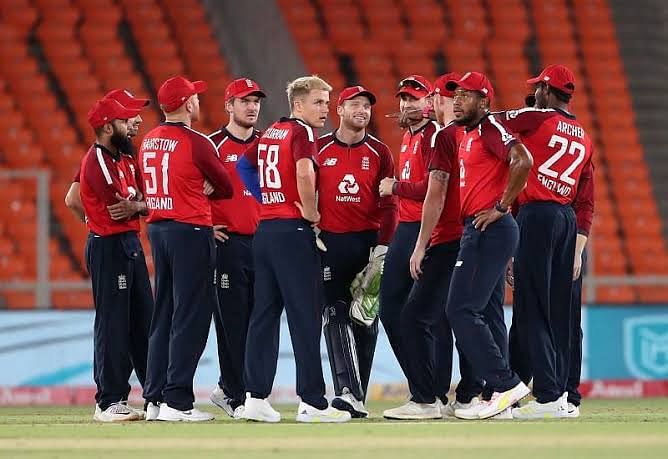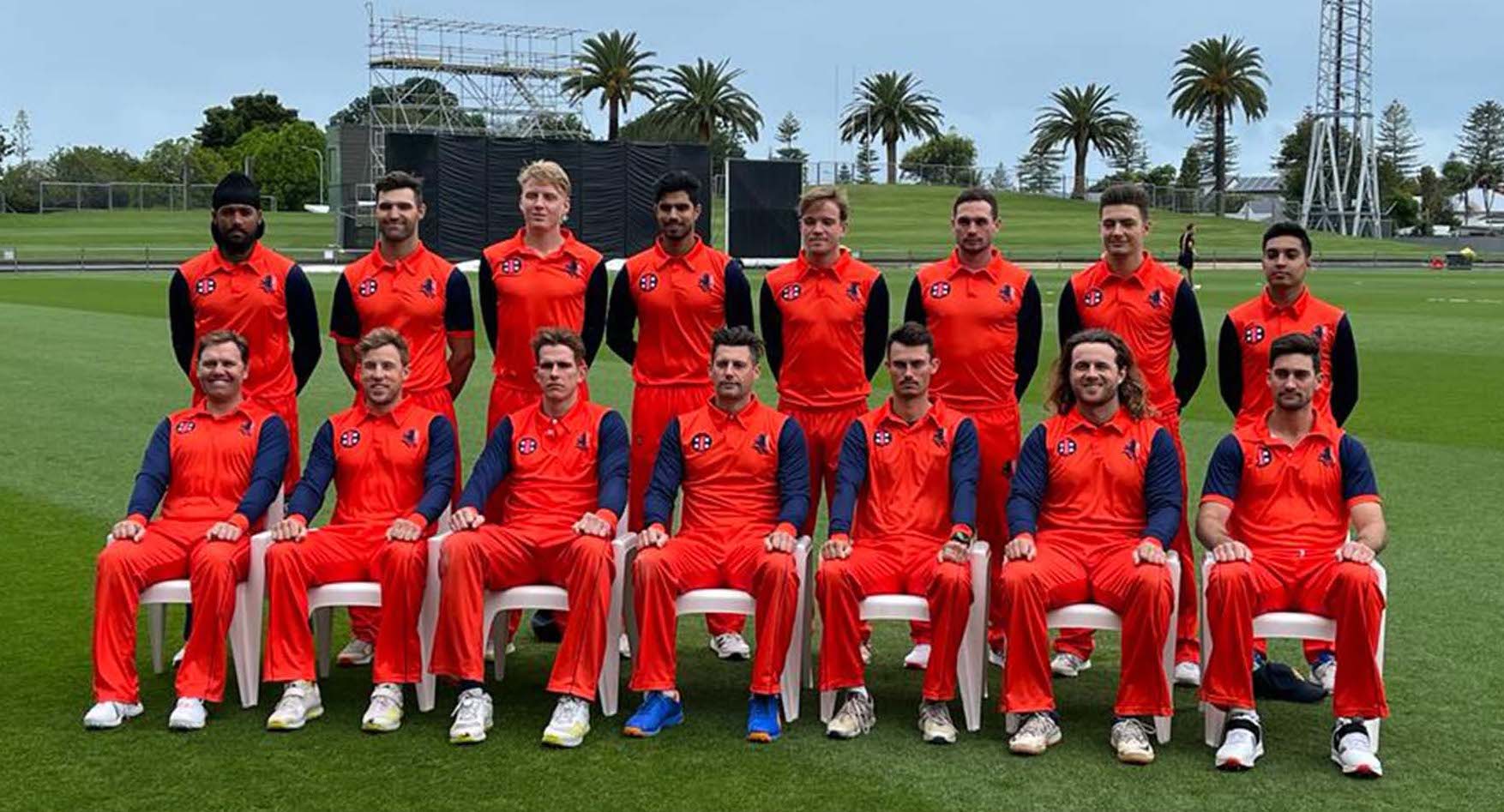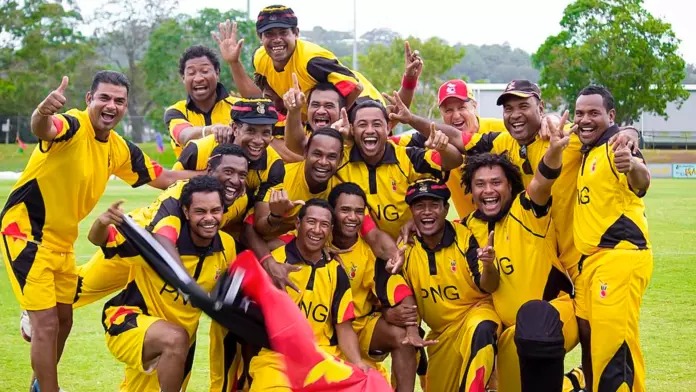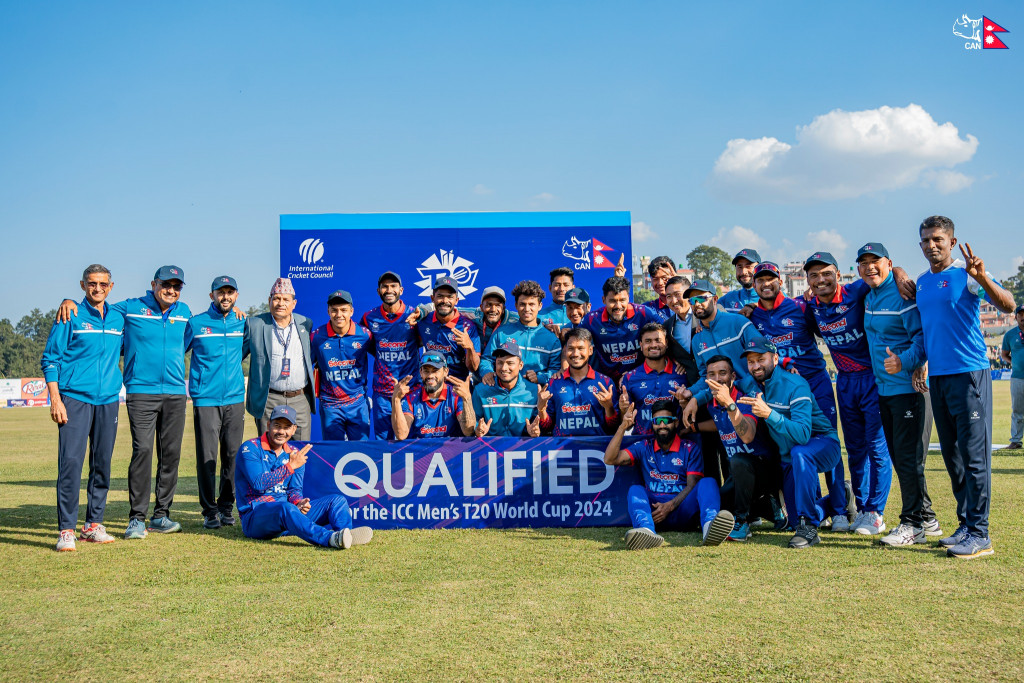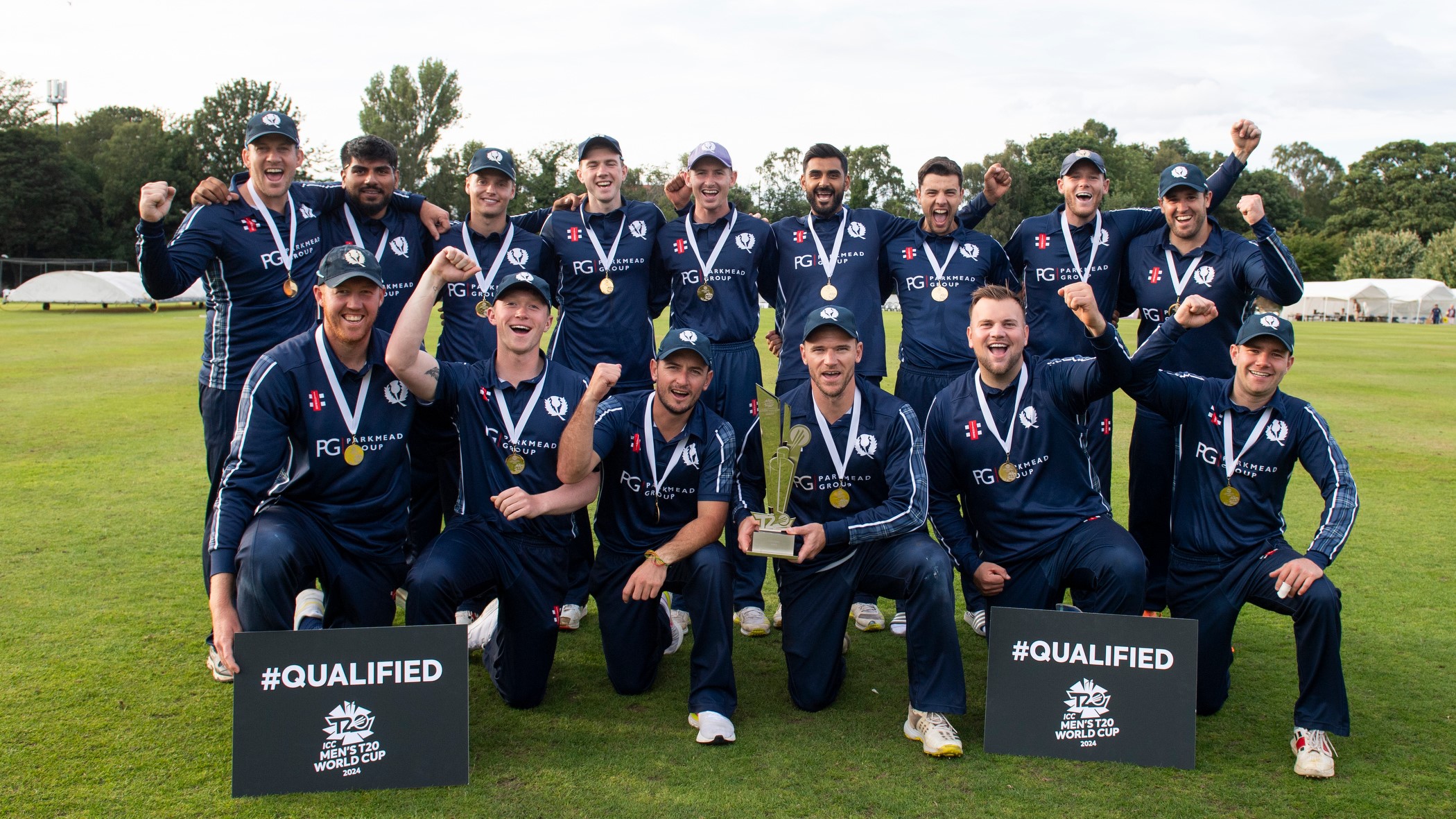After football, cricket is generally considered to be the most popular sport in the world. Originating in England, the sport is very popular in former countries of the British Empire. With 12 full-time Test Playing nations, the sport has produced some extremely accomplished and talented professionals. Here are three of them:
Sachin Tendulkar
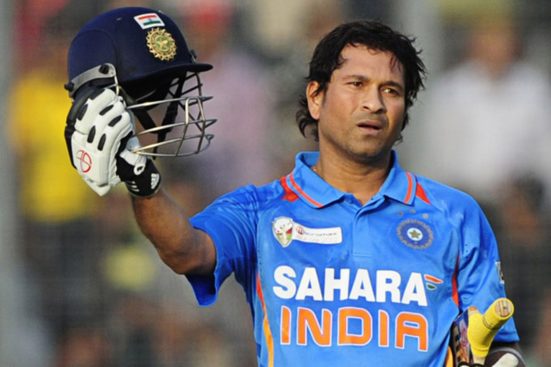
The most prolific batsman in the history of cricket, Sachin Tendulkar’s name needs no introduction. In a career that lasted about 24 years, the Indian batsman achieved godlike status for his run-scoring exploits.
Tendulkar is the highest run-getter in both Test Cricket and ODI cricket. He is also the only man to make 100 international cricket centuries and was the first to crack a double ton in ODI cricket. As of today, he is the only batsman to score more than 30,000 international runs.
Debuting for India at the age of 16, Tendulkar has amassed a fan following that was unheard of in cricketing circles. A popular quote regarding him goes as, “Cricket is my religion and Sachin is my God.” Many sportswriters and analysts have noted Sachin’s impact on Indian cricket and he’s been regarded as India’s first sports megastar.
Sir Donald Bradman, who is widely regarded as the finest batsman of all time remarked that Tendulkar’s playing style reminded him of his own playing days. That claim was substantiated by Tendulkar’s expert technique and shot-making.
By far the most popular cricketer of all time, Sachin retired completely from cricket in 2013, after playing his 200th Test Match. In a glittering career, Tendulkar won a Cricket World Cup in 2011 and the Indian Premier League in 2013 along with multiple series. He was also named the Man of the Tournament in the 2003 Cricket World Cup and is the leading scorer in the history of the tournament. Sachin scored a Test Century against all the nations that he played during his tenure (Afghanistan and Ireland achieved Test Status after Tendulkar’s retirement).
The ‘God of Cricket’ as he is affectionately known in India has also been the recipient of Bharat Ratna, India’s highest civilian award. He continues to inspire legions of youngsters to take up the sport.
Shane Warne
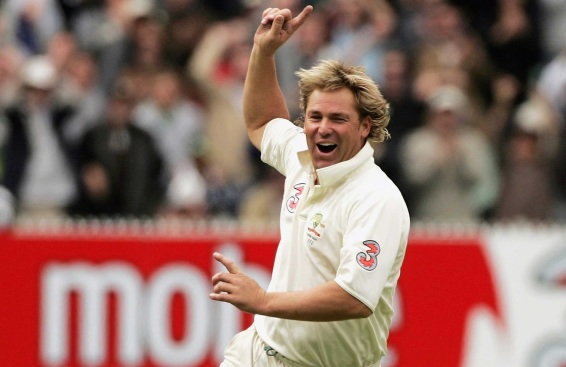
If Tendulkar is the most famous run-getter in cricket, then Warne is the one when you think of wicket-takers.
A controversial genius, Warne is one of the best ever bowlers the cricket world has ever seen. In a 15-year career, the man from Victoria, Australia scalped 1001 international wickets overall.
Warne’s legacy was established by the fact that he overturned the domination of fast-bowlers in world cricket and showcased how deadly his leg-spin could be. Debuting in 1992, Warne would go onto set a number of records and was the first to take 600 wickets in Test Cricket. He ended his career with 708 test wickets, a record that was only surpassed by his contemporary, Muttiah Muralitharan. As of today, Warne is the second-highest wicket taker in Test Cricket history.
Warne was also a part of the terrific Australian side that dominated World Cricket from the late 90s to the mid-2000s. He was a key component of the 1999 Cricket World Cup winning team, finishing as the joint-highest wicket taker along with New Zealander, Geoff Allott. In the final of the 1999 World Cup, Warne’s brilliant spell of 4/33 helped Australia restrict Pakistan to a measly total of 132. Warne was duly awarded the Man of the Match award.
His career was full of controversies as well and he could not participate in the 2003 World Cup as he was banned for taking a banned diuretic. Despite his indiscretions, Warne is widely considered to be the finest bowler in the history of cricket. His delivery to Mike Gatting, which spun sharply and bowled the shocked Englishman is called the ‘Ball of the Century’.
Sir Donald Bradman
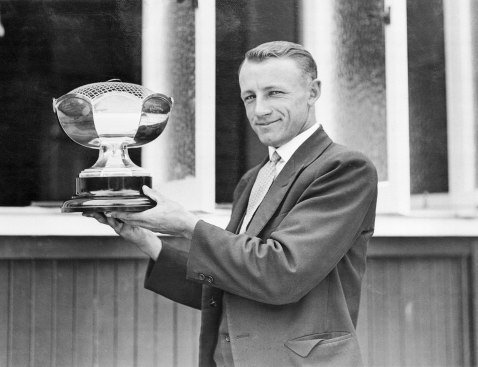
Cricket is a sport that is obsessed with numbers. Who scored the most runs? Who had the most wickets? Who has scored the highest number of centuries?
In this number driven sport, 99.94 holds an unmatched reverence.
That number was the batting average of Sir Donald Bradman. The first superstar that the sport gave to the world.
Unlike the other two men on this list, Bradman’s career started in the inconspicuous realm of Bush Cricket. It wasn’t until the 1930 Ashes Series that the world would take notice of his innate talent for the sport. Scoring 974 runs in the series, Bradman cracked two double-centuries and a triple-century in the five tests as Australia won the series over the favored Englishman.
The runs did not stop flowing from Bradman’s bat as he excelled in both International and First-Class cricket. The West Indies and South Africa were victim to his run-making abilities with only Douglas Jardine serving as a foil with his ‘Bodyline’ bowling strategy.
Bradman’s legend continued to grow as he ended up scoring 29 Test Centuries. A record that was only bettered by Sunil Gavaskar. Along with that, he still holds the record for most double centuries in Test Cricket with 12 along with a plethora of other batting records. He also led an Australian side to a series win in England in 1948, without being defeated. This was the first time it had happened in international cricket and the team was aptly named, ‘The Invincibles’.
The most impressive, however, will still remain his average of 99.94 in Test Cricket. To put things into perspective, the closest cricketer to this record (while having played a minimum of 40 matches) is Steve Smith who averages 61.37. To add to the legend of Bradman, he only needed to score four runs in his final test innings to attain an average of 100. He was bowled out for a duck.
Jacques Kallis
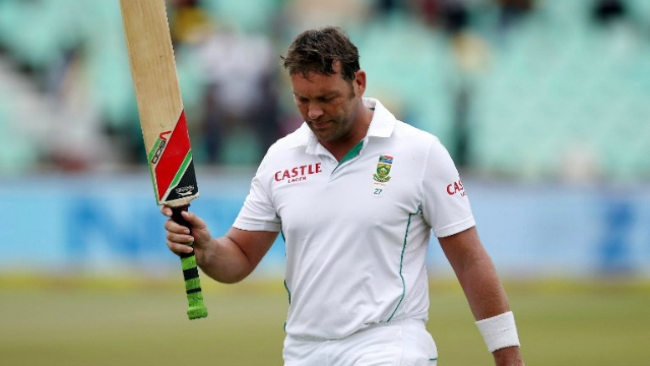
Arguably the greatest South African cricketer of all-time as well as one of the best all-rounders the game has produced.
Kallis became one of the Proteas’ talismans from the mid-90s to his international retirement in 2014. He was one of the key pieces that made South Africa one of the best sides in world cricket as he gave match winning performances with both bat and ball.
Kallis’ first brush with stardom came at the 1998 ICC Knockout Trophy where he was instrumental in helping his country emerge victorious. Kallis won two Man of the Match awards and was named Player of the Series at the tournament. The South African was the second highest run-scorer and highest wicket-taker at the tournament.
It is in Test Cricket, however, that Kallis’ legacy shines through the most. In 2003-04, Kallis became only the second player after Sir Don Bradman to score a century in five consecutive matches. During the mid 2000s, Kallis solidified his status as a premier batting all-rounder as the South African bowling attack improved.
Kallis retired from Test Cricket in 2013 and the following year, played his last ODI match for the Proteas. He holds the record for most runs scored in either form by a South African player. Kallis also is second on most centuries scored in Test cricket, behind Sachin Tendulkar. His all-rounder legacy is also presented by the fact that he, along with Wally Hammond and Sir Garfield Sobers, is the only person to average over 50 with the bat and over 20 with the ball in Test cricket. Kallis also has over 250 wickets in both Test and ODI cricket.
Sir Vivian Richards
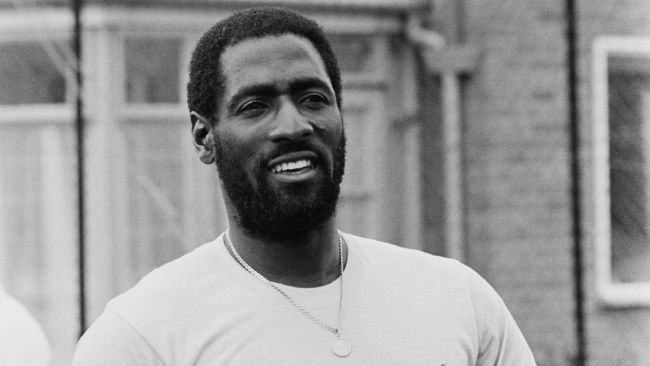
The most swashbuckling batsman the game has produced, Viv Richards was and still remains the poster-boy of aggressive batting in cricket.
Richards was part of the fabled West Indies side that dominated world cricket from the 1970s to the 1980s. He made his Test debut against India in 1974 and in only his second Test, scored an impressive 192 which helped him gain a foothold as an opener. Richards was a key component that helped West Indies lift the first ever Cricket World Cup in 1975.
The opener was in fine fettle four years later as well, with the West Indians retaining their World Cup crown. Between the two world cups, Richards had a career-defining year in 1976 when he scored 1710 runs in Test cricket. This was a single year record that stood for 30 years until broken by Mohammed Yusuf.
In 1984, Richards became the captain of the West Indies and embarked on a very successful tenure. While he was a controversial figure in terms, his results on the field were unquestionable. In 50 Tests captained, he won 20 of them and lost only eight. In the 80s, Richards also gained attention for not participating in a ‘rebel’ tour of Apartheid-era South Africa.
The West Indian was famous for his aggressive batting style and was often called “the most destructive batsman the game has ever seen.” His power hitting helped him in both ODI and Test cricket with Richards being the quickest to achieve 1000 runs in the former (21 innings). Richards was also the first player to win 20 Man of the Match awards in ODI cricket.
Wasim Akram
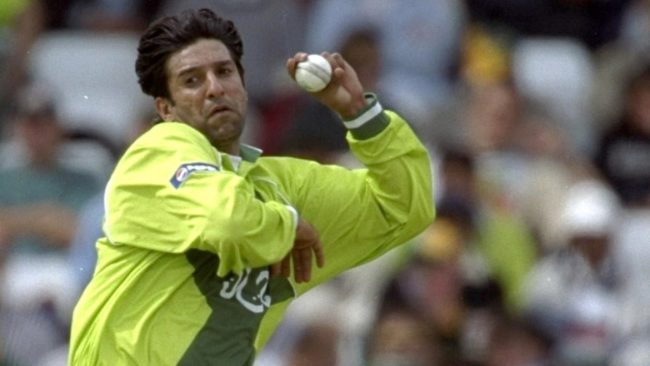
Pakistan has produced a number of brilliant pacers but Wasim Akram’s name stands above all. For good reasons too as he long held the World Record for most wickets taken in ODI cricket until surpassed by Muttiah Muralitharan.
Akram was one of the finest exponents of reverse-swing bowling and formed a deadly partnership with Waqar Younis. Akram, a left-arm pacer, made his Pakistan ODI debut in 1984 and took a fifer in only his third ODI against Australia. The 1984-85 Rothmans Four-Nations Cup and the 1985-86 Rothmans Sharjah Cup showcased Akram’s devastating pace. The left-arm pacer picked up five wickets with a run rate of less than 3.50 in both tournaments. Partnering with Abdul Qadir, Akram destroyed New Zealand, bowling them all out at 64 in the Austral-Asia Cup.
Akram’s finest moment came during the 1992 Cricket World Cup where he played an important role in securing his country’s maiden title. The left-arm pacer picked up 18 wickets in 10 games, making him the highest wicket-taker at the tournament. He was also named the Man of the Match in the final for getting three wickets and only conceding 39 runs.
Akram, till date, is the second highest wicket-taker in ODI history with 502 scalps. In Test cricket, the Pakistani great picked up 414 wickets in 104 matches. He was handy with the bat as well, as evidenced by his three Test centuries.
Cover image credits: Cricket Australia

